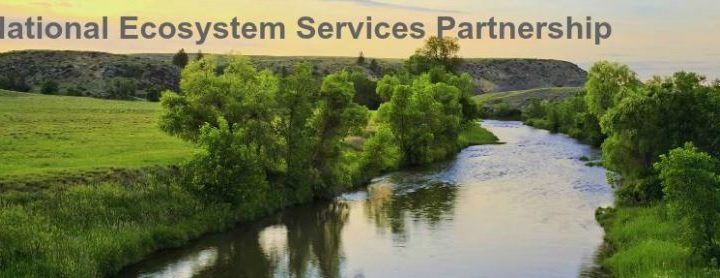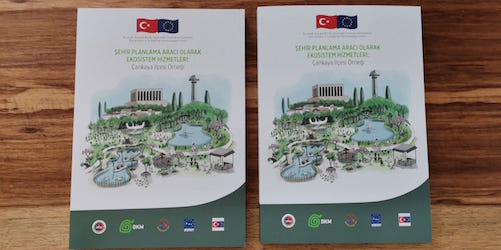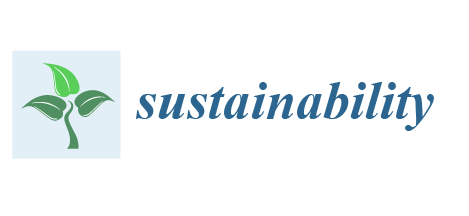The National Ecosystem Services Partnership did two webinars on equity and ecosystem services, and the recordings are available online.
Equity and Ecosystem Services Part 1:
Panelists
Jacqueline Loos (Leuphana University at Lüneburg): How ES ties into the environmental justice framework
Benis Egoh (University of California Irvine): Commodity trade, ES, and equity
Leah Bremer (University of Hawaiʻi at Mānoa): Connections between ES and place-based biocultural restoration and the importance of relationships, showing up to community work days, taking a long-term view, and respecting the people, culture, and history of place [Read more…] about Equity and Ecosystem Services Webinar series: recordings available online





